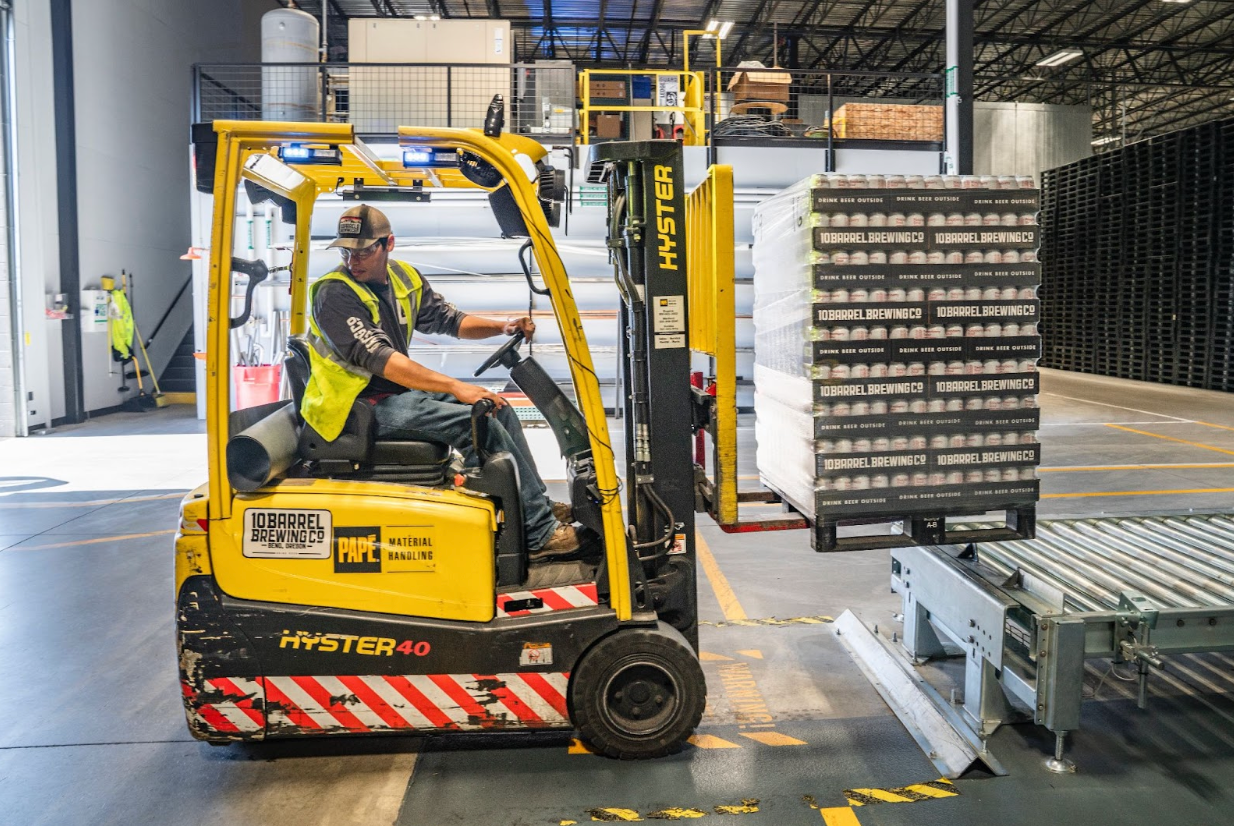Five Ways To Scale Up Your Business Supply Chain
Preparing for business growth and streamlining is essential for your supply chain. The more ready you are to scale up, the less frantic decision-making you’ll make the moment you have to grow your supply chain rapidly. This article shares five ways to optimize your business by scaling up supply chain operations.

Work With Quality Technical Manufacturers
Vetting the manufacturers you work with can help you optimize your supply chain and improve the quality of your products. Create a supplier vetting checklist where you can verify their financial information, tech capabilities, operations, quality control and any operational disruption to assess risk.
Consider partnering with manufacturers that can help you upscale your tech. Create more automated products like printed circuit boards using an
electronic design partner. You can also benefit from consistent product creation that reduces the risk of product defaults throughout the supply chain.
Implement Tracking Technology
Implementing tracking technology that can give live updates on your manufacturing, production, and shipping output. This can help you track delays and give all vendors on the supplier chain advanced notice of any changes.
You should also consider implementing blockchain technology, which provides a ‘digital barcode’ that virtually tracks individual products along the supply chain. Blockchain technology has several advantages, from
keeping your customers happy as they can track their products to identifying frequent errors in the supply chain.
Use Automation Wherever Possible
Automation can help make significant improvements to your supply chain by reducing overhead costs and maintaining consistency. From implementing automated sorters in manufacturing plants to adopting robotics, these automated steps can help you save time, resources, and overall efficiency throughout your supply chain.
Standardization & Streamlining
Tracking technology can be used to improve standardization throughout the supply chain. Tracking systems can help you to create data-driven operational decisions by looking at bigger-picture trends throughout the supply chain. It can help you identify underperforming parts of the supply chain and see if new workflows are improving business efficiency.
Invest In Vendor Managed Inventory
Vendor Managed Inventory (VMI) is outsourcing inventory management to a third party. They manage a dynamic inventory process, ensuring that items are delivered to the correct part of the supply chain at the right time. This includes managing fixtures and fittings, parts and resources so that even missing small components cannot jeopardize supply chain operations.
Final Thoughts
Creating a supplier checklist and running all vendors on your supply chain through these checks can maintain high quality and standards. Assess your supplier's tech capabilities and operations to ensure they can help you scale up your supply chain without any disruption.
Invest in tracking technology to help you make more data-informed decisions and investigate the success of your current workflows. Finally, consider outsourcing where you can, especially with inventory management, to allow your business to invest in business-critical functions as your supply chain grows.












